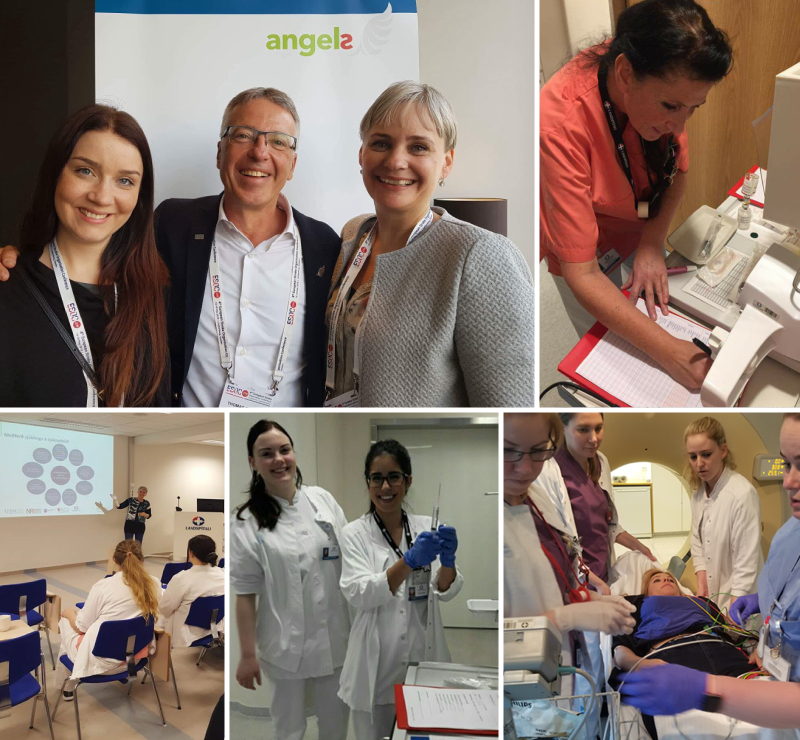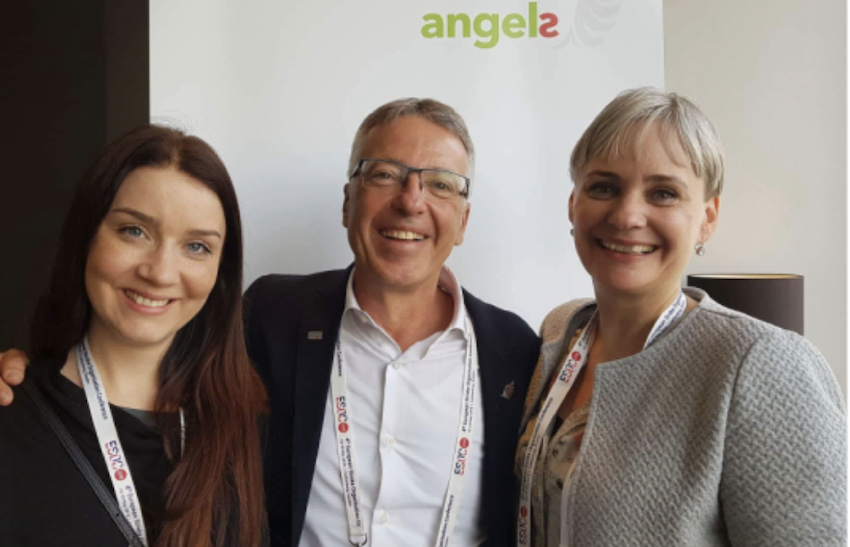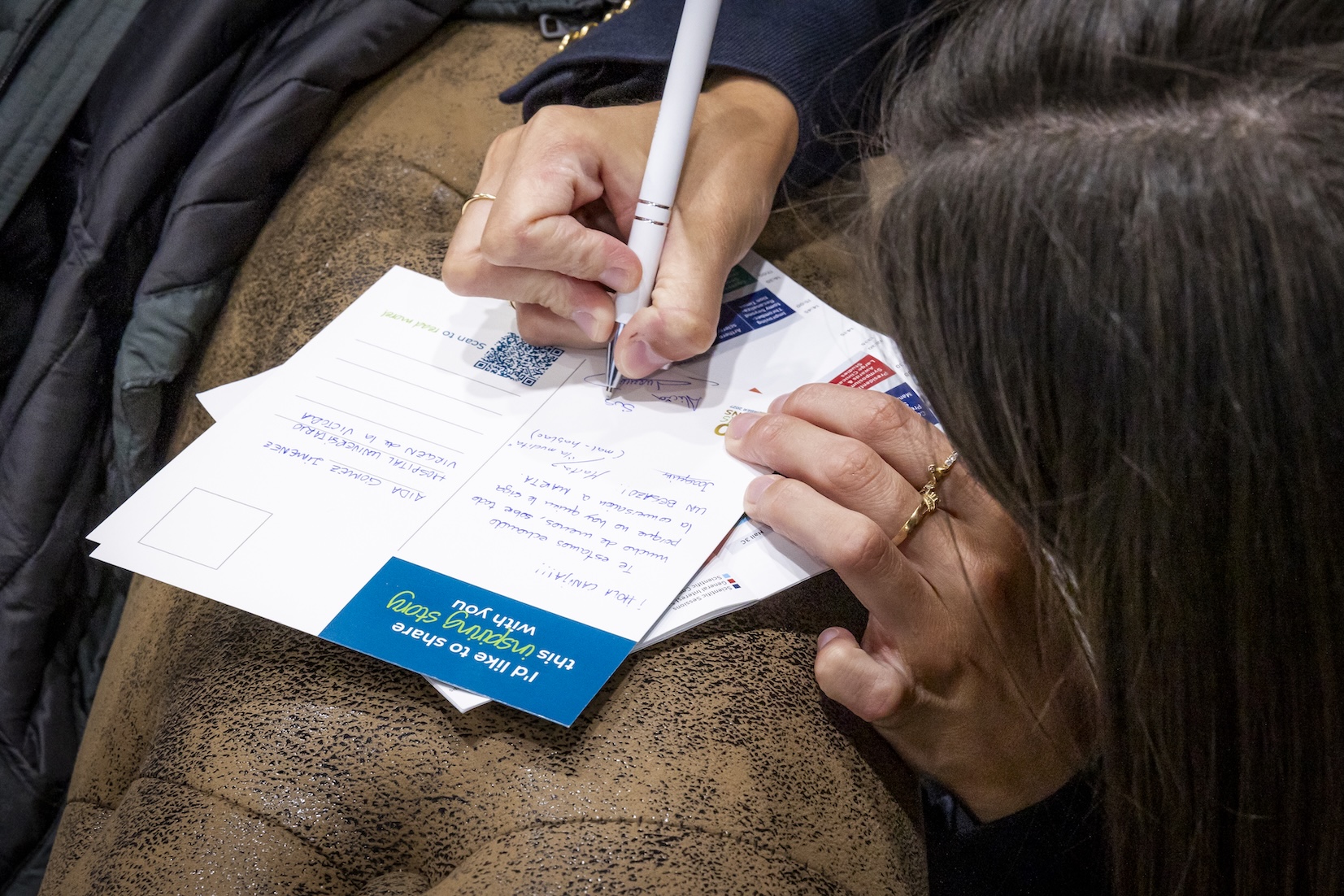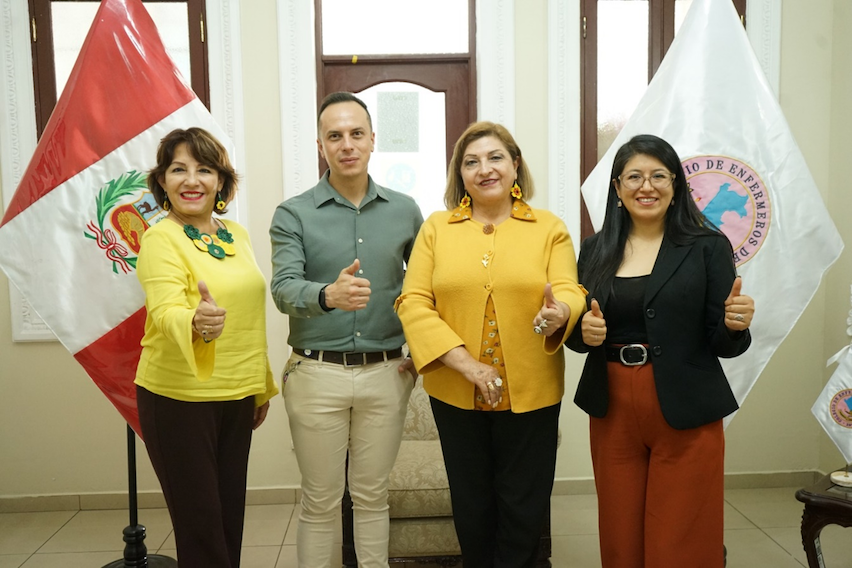
Jedną z naszych ulubionych historii sukcesów jest praktykowana anegdota z Islandii z symulacja w ośrodku. Bohaterami tej historia są trzy pielęgniarki ze Szpitala Uniwersyteckiego Landspitali (LUH) w Reykjaviku, gdzie leczeni są prawie wszyscy pacjenci z udar mózgu w niewystarczająco zaludnionej Islandii, gdzie rodzi się 70% islandzkich dzieci.
W grudniu 2017 r. spotkaliśmy się z Marianne Klinke, Kristín Ásgeirsdótttir i Jóníną Haflí Wydarzenia szkoleniowe są zazwyczaj skierowane do neurologów, ale pielęgniarki z Islandii zostały zdeterminowane, aby uzyskać jak najwięcej wartości, a następnie podzielić się tym, czego się nauczyli z lekarzami i pielęgniarkami LUH. Ich celem było skrócenie czasu oczekiwania między przybyciem a rozpoczęciem leczenie w tym szpitalu o 50% w ciągu sześciu miesięcy i podwojenie częstości rekanalizacja.
Mniej niż pięć miesięcy później, w maju 2018 r., LUH zgłosiła, że liczba pacjentów poddawanych leczenie rekanalizacja z powodu udar mózgu wzrosła o 296 procent (w porównaniu z 2014-2016). Średni czas oczekiwania między przybyciem a rozpoczęciem leczenie spadł z 79 do 25 minut światowej klasy, z rekordowym czasem trwania wynoszącym 13 minut.
Głównym powodem potrojenia celów w czasie krótszym niż ustalony był fakt, że pielęgniarki Klinke, Ásgeirsdóttir i Haflí zespół udarowy Nie tylko mieli spostrzeżenia z tych symulacji kształtowały ścieżkę udar, ale im więcej ćwiczyli, tym szybciej się rozwinęli.
Ten sam zespół pielęgniarstwo pod wrażeniem imponował szybkością, z jaką wdrożyli protokół FeSS (Fever - gorączka, Sugar - cukier, Swallowing - przełykanie) na oddział lecznia udarów i udostępnili te protokoły ratujące życie dotyczące opieki poostrych nie tylko w ich szpitalu, ale także islandzkim stowarzyszeniu pacjentów z udar. Rozpoczęli również projekt monitorowania jakości, gromadząc ważne dane wyjściowe od około 200 pacjentów w celu porównania wskaźników przed i po.
Nieoczekiwanie, ich projekt został nazwany Najlepszym projektem roku w LUH. Cztery lata później ten jasny punkt z Islandii nadal błyszczy i inspiruje inne szpitale i pielęgniarki w sieci Angels.
* Wcześniejsza wersja tej historia pojawiła się na naszej stronie internetowej w sierpniu 2018 r. Przeczytaj oryginalną historia tutaj.




